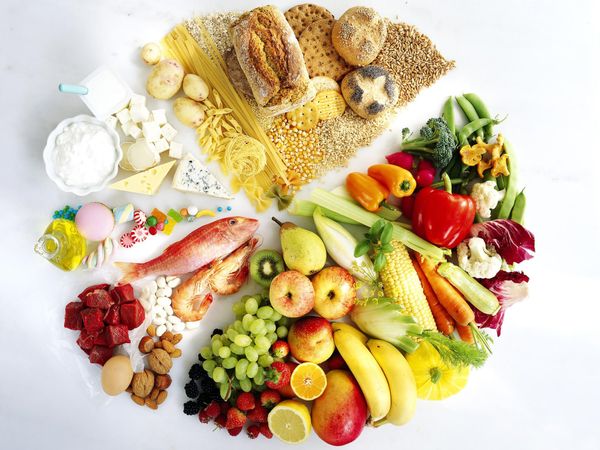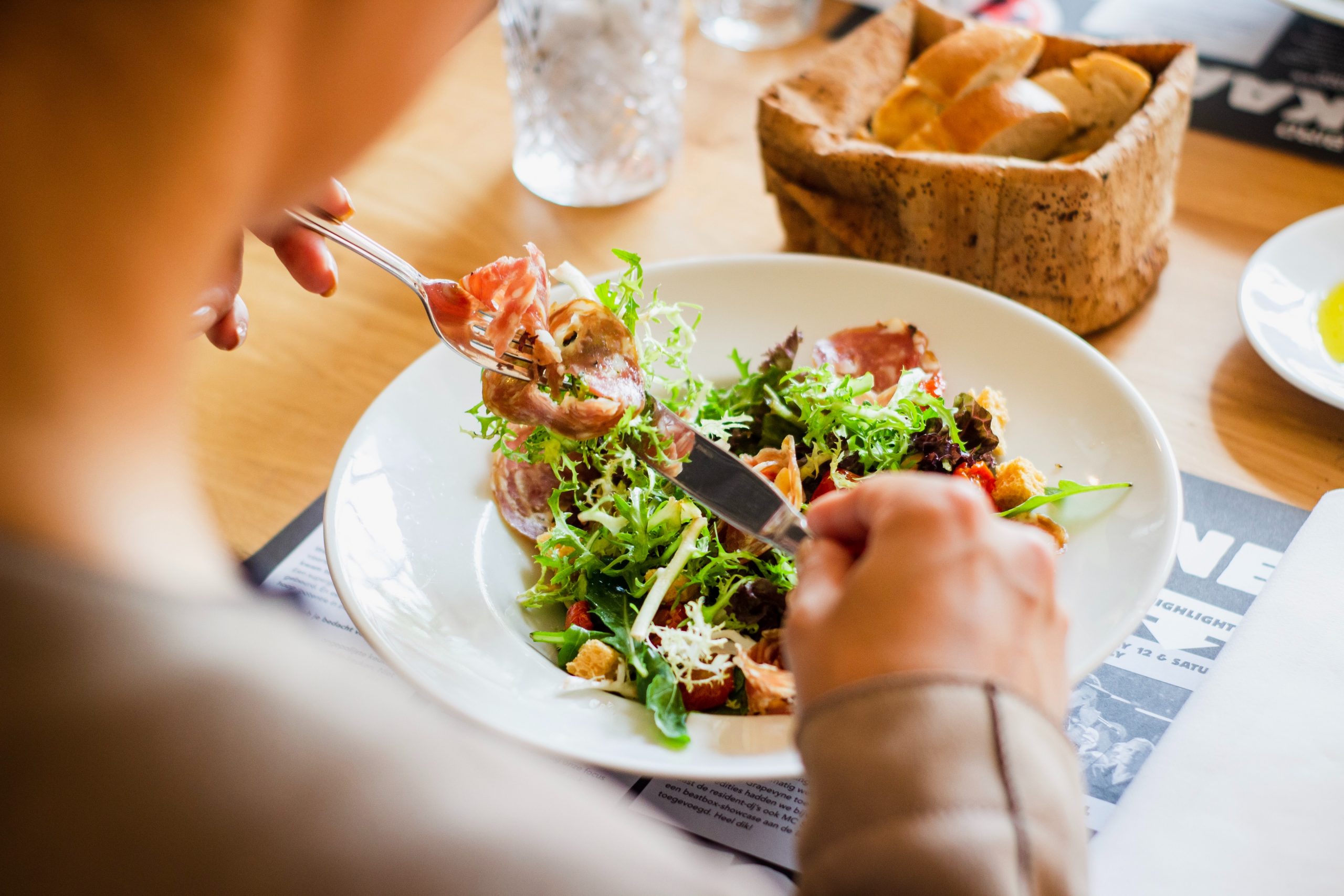Today’s question may seem obvious, but we’re going to ask it anyway: Is olive oil vegan?
Whether you’re already a plant-based practitioner, vegan-curious, or your vegan friend’s hosting a party (and you just want to be sure that big bottle of olive oil you got her is as fitting as it sounds), we’re glad you’re here!
So, let’s get the big question out of the way first…
Is olive oil vegan?
The answer is an unequivocal – YES!
Have you ever had a salad? Or pretty much any dish at a mediterranean place? If you have, then there’s a good chance you’ve already consumed this viscous substance. Apart from a popular dressing and dip for pita bread, some restaurants may use olive oil when cooking stir-fries and other hot dishes.
But, as far as keeping vegan, this is a good thing! In fact, when dining out and ordering a hot meal, always ask your server if the chef greases her pans with butter (quite often, this is the case). If they do use butter, ask if they’d mind switching over to oil. The kitchen will usually have some olive oil lying around as a vegan-friendly substitute!
NOTE: When cooking at high temperatures at home, be wary of what type of oil you use. Extra virgin olive oil has a pretty low smoke point, so it’s worth avoiding when frying. Try a light olive oil, or avocado oil, instead.
So, olive oil is vegan, but is it healthy?
Even though olive oil is a monounsaturated fat (the good kind!), it’s still essentially a liquid fat. When overdone, even a modicum can morph an otherwise low-calorie salad or veggie stir fry into a Fast Food menu item pretty quickly! Cook according to the motto, “a little goes a long way!” and use olive oil sparingly.
Need some guidance? Check out our article that offers some tips for reducing your oil intake!
While eating whole plants (e.g. a solid olive as opposed to its liquid oil) gives you the most ideal ratio of calorie to nutrition, recent research suggests that olives (and their oil) contain compounds such as oleocanthal (inflammation reduction), polyphenols (antioxidants) and phytochemicals, which fight cholesterol and heart disease.
Now knowing that olive oil is both vegan and offers some benefits (when truly moderated!), let’s look at the production basics to give us some helpful context before we jump to which kind is both the healthiest and tastiest olive oil to use.
How is olive oil made?
Picking
As olives may fall to the ground during their growing process, farmers go to extreme lengths to prune their trees, hoping to prevent as much bruising as possible. As this affects the overall quality of the finished product, some farmers will separate batches into “ground” olives (picked from the ground) and “tree” olives (taken directly from a branch).
So, now, if you ever see the word, “hand-picked,” on a bottle of oil oil, you’ll know that it comes from olives that received some serious tender, loving care!
A note on color
You know how some olive oils are green-ish and some are more golden? This is a result of olive ripeness (or a lack thereof) during harvesting. Oils made from less ripe, green olives yield a green-ish hue while ripe olives tend to yield a golden color.
Pressing
Once the olives have been collected, stainless steel rollers grind them (and their pits) into paste. This paste undergoes malaxation (here, water is slowly stirred in), and this allows the oil molecules to band together and concentrate.
Next, the paste is put on mats, and it’s either further pressed or sent through a centrifuge, a machine that rapidly rotates on a central axis to separate materials. The olive paste remnants are pushed to the sides of the cylinder while water and oil are extracted from the center and separated… and voila! You have your olive oil
Grades of olive oil: what does “extra virgin” even mean?
If olive oil had a supreme ruler, extra virgin would be king. According to the California Olive Oil Council, extra virgin olive oil (commonly referred to as EVOO for short) is the most minimally processed version available (hence the title). This means that EVOO is much closer to a fruit juice than an oil as it is cold-pressed, and the pressing does not exceed a temperature of 86 degrees Fahrenheit.
So, while several lower grades of olive oil undergo further processing after the first press, or simply fail to meet certification standards certification (see below), we’re going to focus on EVOO, as this is the version you’ll want to consume to reap the greatest health benefits and fullest flavor! (Be sure to check out the note above about high temperature cooking, though!)
What it takes to be EVOO
In California, for example, every bottle seeking the certification of EVOO must provide laboratory analysis and pass inspection before a taste panel in order to receive an actual seal of approval!
So what does it mean if a bottle is simply labeled “virgin?” This means that bottle has failed to meet the chemical standards of EVOO, and so, probably offers slight defects in aroma or flavor.
By stark contrast, oils like canola, corn, soybean, and vegetable need to be chemically-extracted, refined, bleached and deodorized before they’re bottled for market purchase. Unlike EVOO, these are best to be avoided at all costs!
Which brand can i trust?
Unfortunately, due to the lucrative nature of the olive oil business, there has been well-researched and documented olive oil fraud! It’s such a pervasive scam that just last year, 60 Minutes did a piece on this nasty practice:
We know… sounds like something you’d normally hear about on Wall Street, but a New York Times article further explains how some manufacturers actually cut EVOO with some of the cheaper, less quality oils mentioned above in order to keep production costs low.
Thankfully, organizations like the UC Davis Olive Center, work hard to reveal the truth. Their in-depth study found that 69% of imported EVOO sold in California supermarkets did not qualify as extra virgin!
You can read their full report here or check out this article by Real Food For Life for more information on the subject at large.
Good news? UC Davis was also able to identify a few brands you can trust! For quick reference, these include:
Final thoughts on is olive oil vegan?
We hope this article has illuminated the world of olive oil for you. It’s most definitely vegan and an healthy source of fat, but it’s always better to consume a whole food to reap the most nutrition for your calorie consumed. Small doses is the name of the game!
And, while extra virgin olive oil will always be your healthiest and tastiest option, inform yourself of the potential imposter products that are out there and be sure to use a different oil when cooking at high temperatures.








Leave A Comment
You must be logged in to post a comment.